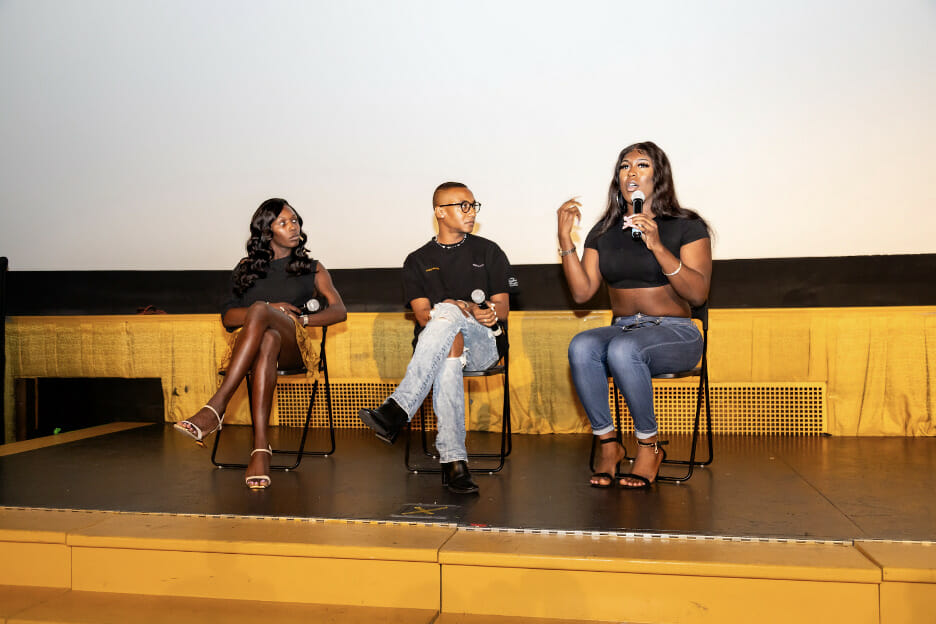Plastered across the big screen in black and white, “Kokomo City,” the directorial debut from filmmaker and Grammy-nominee D.Smith, lays bare a familiar story told through an unfamiliar lens that is simultaneously raw, powerful, and distinctly Black and trans. Atlanta audiences enthusiastically responded to Smith’s cinematic feat by filing into the Plaza Theater on August 15 for a special screening of the new documentary presented in partnership by GLAAD, Magnolia Pictures, and GAYE Magazine.
“Kokomo City” premiered at Sundance Film Festival in January to critical acclaim, winning Sundance’s NEXT Innovator Award and the NEXT Audience Award. The film chronicles the lives of four Black trans sex workers in Atlanta and New York City—Daniella Carter, Koko Da Doll, Liyah Mitchell, and Dominique Silver—as they navigate the challenges of existing as trans, participating in survival sex work and the persistent threat of violence. Emmy award-winning out artist Lena Waithe serves as the film’s executive producer along with Stacy Barthe.
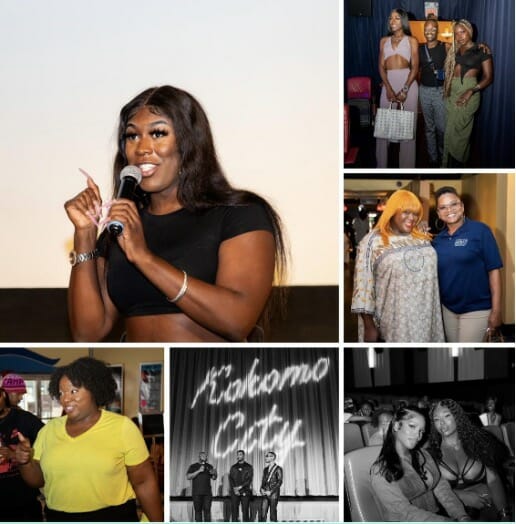
“Instead of sensationalizing the subjects’ lives, the documentary allows their voices to take center stage,” writes journalist and Sirius XM radio host Clay Cane in a review for BET.
“Additionally, the doc dives into men who are attracted to transgender women, a topic that has rarely been explored in mainstream media,” he adds.
In an interview with Georgia Voice, Dominique Silver, one of the film’s stars, says she hopes audiences will use the documentary as an education tool.
“It will start conversations that are way behind due and maybe educate people to protect Black trans women because we are a marginalized community that has been under attack lately,” said Silver.
On April 18, Silver’s co-star Rasheeda Williams, publicly known as Koko Da Doll, was fatally shot in Southwest Atlanta. A 17-year-old has been charged with murder, aggravated assault, and possession of a firearm during the commission of a felony in connection with her passing.
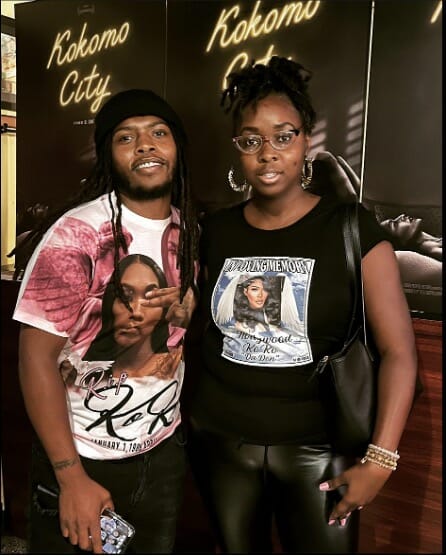
Williams’ niece, Ashley Harper, and other relatives attended the screening to honor the memory of their late relative, who they say was destined for greatness.
“It’s amazing to see it unfold,” Harper tells GLAAD.
“We’ve seen Koko go through [her] transition, and just being courageous to tell her story—we’ve witnessed it first hand. Koko is the blueprint. “She was the first trans [woman] in our neighborhood, in College Park, in East Point,” Harper added.
“When I came out as gay, she was my mentor,” said Bibi, a close friend of Williams in attendance with Harper. “I love her, and I miss her dearly.”
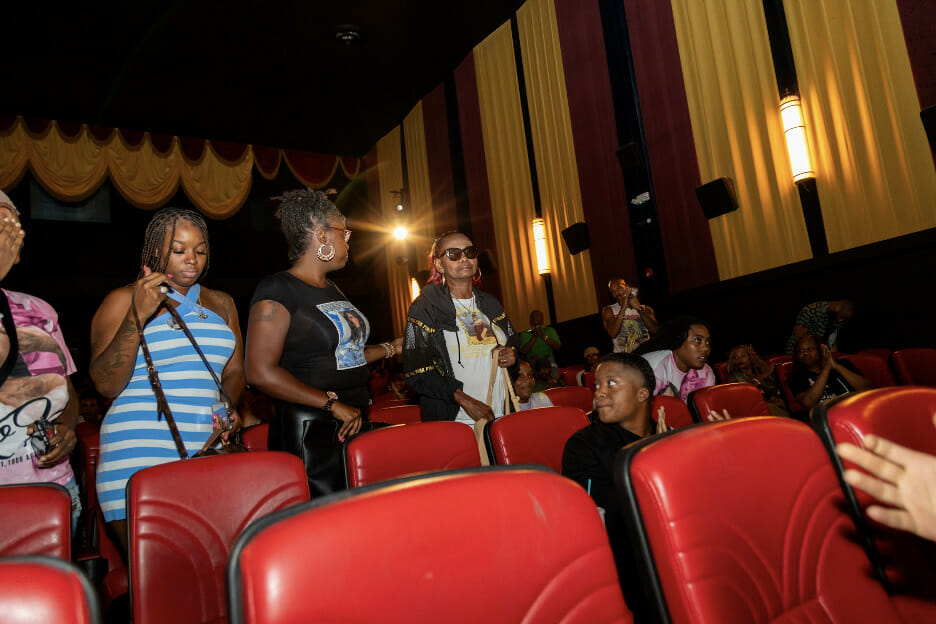
For New York filmmaker and “Kokomo City” stand-out Daniella Carter, the Atlanta screening, while celebratory, was also a painful reminder of the danger constantly looming for Black trans women.
“I’m walking on one of the same streets that one of my castmates was murdered on,” said Carter. “Every breath I take [as a trans woman] is a revolutionary act.”
According to GLAAD research, less than 30% of non-LGBTQ Americans say they know someone transgender. “Kokomo City” provides an opportunity to humanize a marginalized group currently under attack socially and legislatively.
In an interview, Carter tells GLAAD’s Shar Jossell the film is already having an impact in unexpected ways.
“A Black woman came up to me who was pregnant. And she said, ‘Because of Kokomo City, I’m going to raise my child differently. I’m going to make sure that my husband watches this film and understands the importance of how we’re going to raise this child.'”
The exchange was particularly poignant for Carter, estranged from her biological mother—an unfortunate reality for far too many LGBTQ people.
“Kokomo City” is a call to action for a community to be heard, hopefully resulting in more kindness to Black transgender women, especially in the Black community at large,” writes Cane. “Black transgender women are not the enemy; they — like any other person in the Black community — are fighting against racism, exploitation, and trying to survive.”
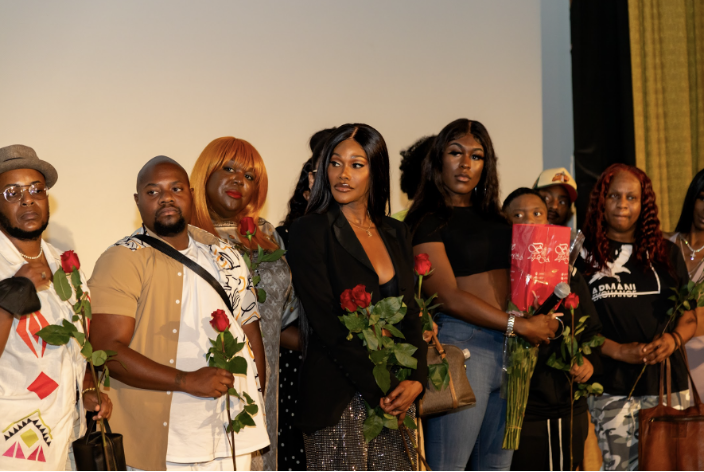
“That’s the thing that I hope Kokomo City will be a reminder of,” Carter tells GLAAD, echoing Cane’s sentiment. “Even when we’re being celebrated, we’re being hunted down and murdered.”
“Kokomo City” is available in select theaters and available to stream on all major platforms.

